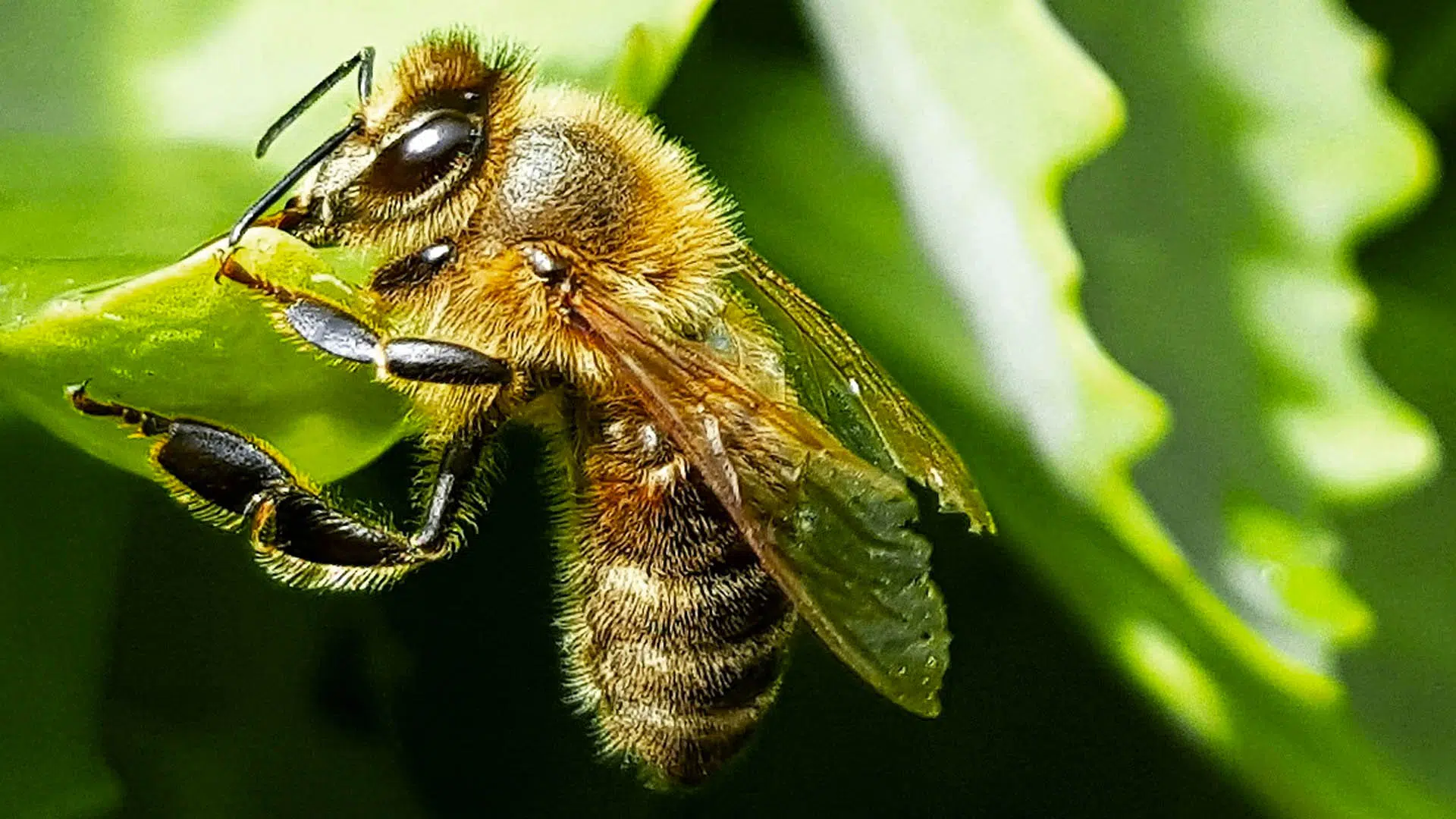
Saving bees one ban proposal at a time
KAMLOOPS — Down the street from where we live on the way to the trails there is a sign that says ‘Honey for sale’. I like that. We always buy local honey. We use beeswax candles only and I use propolis to make tincture and propolis-infused calendula ointment using our garden grown flowers and beeswax. There’s a lot of bee stuff in our family life for sure, save for beekeeping, which we might take to in the future.
That so many of us still hesitate when it comes to differentiating bees from wasps is upsetting and worrying. Learning about bees and their role in our life as we know it should be a topic that children come to know early on and adults never forget.
Our lives are so intertwined with those of bees and we are so utterly dependent on them that keeping them alive and thriving makes all the sense. Which is why the recent review of the neonicotinoid imidacloprid by Health Canada and the proposal to ban it is utterly delightful news.
Neonicotinoids are used as insecticides on many crops such as grain and oil-seed crops. They are sprayed on Christmas trees and ornamental plants, and used on lawns against the chaffer beetle. You may be familiar with it as it is often used as a topical insecticide for flea infestations in pets.


